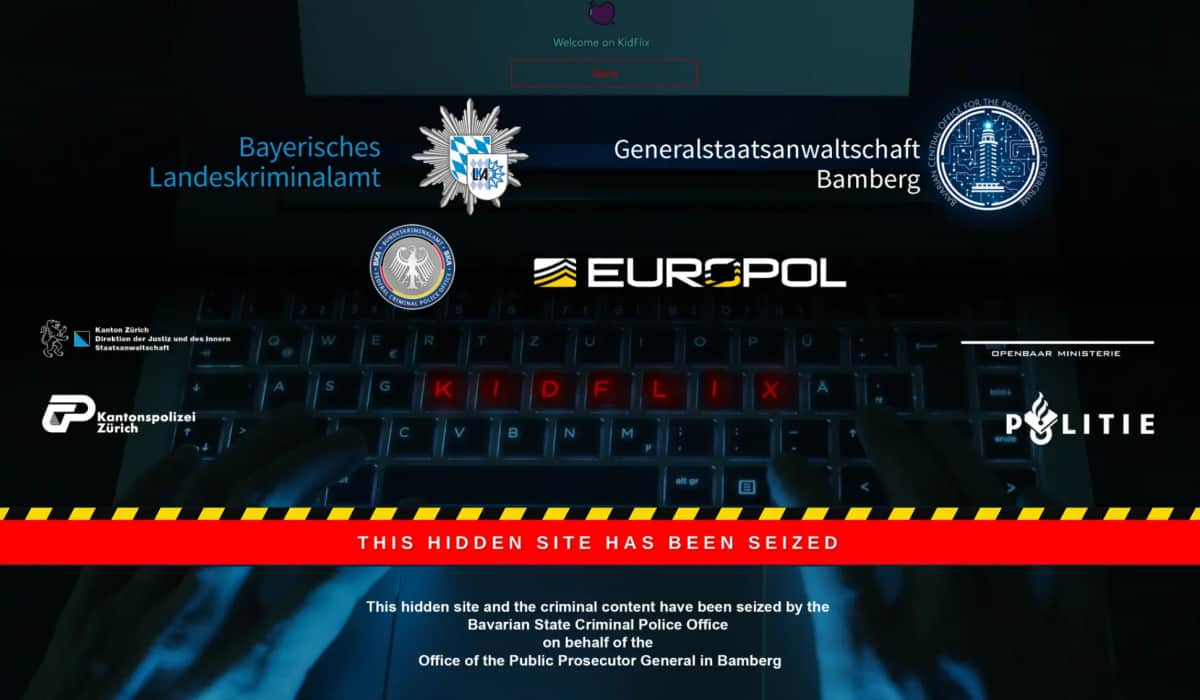BOOK THIS SPACE FOR AD
ARTICLE ADTikTok is in serious trouble, and teenagers across the land are demanding answers about the legal frameworks at issue. Well, maybe they are not exactly focused on the legal issues. But in case you are, here’s an explainer.
1. What is TikTok, and why is it in the news?
Never used TikTok? It is an acquired taste, but it is addictively entertaining once you acclimate to it. In brief, it’s a video-hosting app for user-generated content. It’s a bit like a social-media-inflected Youtube in that sense.
But the videos on TikTok are almost entirely super-short (15 second) amateur clips, with lots of content made by and for teens (at least that’s how it is in the US market; I’m less sure if the same is true in other major TikTok markets). Like any other social-media app featuring user-generated content, most of the clips are less-than-compelling, but there’s plenty of brilliant stuff too (I’m particularly attached to the clips where a teen pretends to be a dad spouting clichés at his family during a road trip, every word of which I’ve actually spouted at my family during a road trip).
So what’s the problem? TikTok is owned by ByteDance, a Chinese company that is subject to China’s laws and other forms of coercion. This has given rise to two lines of concern.
First, there is a concern about the user data TikTok collects and the prospect that Beijing can access that data. Like plenty of other social-media apps, TikTok’s terms of service authorize it to collect a remarkable amount of data from its users. Because TikTok is subject to Chinese law, the theory goes, the company can readily be compelled by the government to cooperate in providing access to that data (on a targeted or even a bulk basis).
TikTok argues that this is not the case because data from U.S. users remains exclusively in TikTok’s servers located in America. I’m in no position to weigh in on whether that description is strictly true, still less whether data localization in this case would actually preclude remote access by TikTok personnel outside the United States. But I’m merely trying to convey the nature of this concern, not resolve its merits. Separately, there also is a line of concern about whether TikTok employs content-moderation policies and practices that serve the preferences of the Communist Party of China. Again, I’m not trying to adjudicate the merits of that critique.
Against this backdrop, there have been rumors afoot for some time that the Trump administration might take some action to knock TikTok out of the U.S. market. Now those rumors have evolved into specific warnings of looming action. This Sunday morning, for example, Treasury Secretary Mnuchin expressly stated that “TikTok cannot stay in the current format because it risks sending back information on 100 million Americans…the president can either force a sale or the president can block the app.”
If your teenager is showing a sudden interest in the separation of powers or other legal matters, this is probably why.
2. Can the executive branch force ByteDance to sell TikTok?
Yes. The relevant legal framework here involves the executive branch’s interagency Committee on Foreign Investment in the United States, better known by its acronym CFIUS. Here’s a recent Congressional Research Service report if you want to dive deep on the committee. If you just want to explain the situation to your teenager, though, here are the key points:
It is true that the president has no inherent, unilateral authority to create legally-binding rules relating to foreign investment in the United States. The Constitution confers authority over “foreign commerce” on Congress, not the executive branch. But Congress can and has delegated that authority to the president in various ways. And in 1988, Congress did exactly that in the so-called Exon-Florio Amendment to the Defense Production Act. CFIUS had been around for more than a decade at this point, but this amendment gave it real teeth. The amendment conferred on the President the authority to prohibit “mergers, acquisitions, or takeovers” that threaten national security (and, by extension, the CFIUS review process would now have leverage to impose conditions on such transactions to ameliorate national security concerns). The statutory framework for CFIUS review has expanded in various ways since then, but that’s the key thing to understand: Congress has indeed delegated to the President authority to ban such transactions if the executive branch makes the requisite findings.
None of which would be relevant here, of course, unless at some point there is (or was) a corporate transaction subject to CFIUS review.
Well, there was one a little while ago. TikTok (then called “music.ly”) was bought by ByteDance in 2018 for nearly $1 billion. Of course, music.ly like ByteDance was a Chinese company. So you might think that CFIUS would have no say over that acquisition. But you’d be wrong. For purposes of CFIUS review, a covered “U.S. business” is any entity that engages in interstate commerce in the United States—even if that entity is a foreign corporation. (See 31 CFR 800.252(a) (a “US business…means any entity, irrespective of the nationality of the persons that control it, engaged in interstate commerce in the United States”)). Music.ly may have been a foreign corporation at the time of its acquisition, then, but it had a robust U.S. presence and certainly qualified under this rule.
ByteDance didn’t seek approval from CFIUS at the time of the acquisition, no doubt because few if any involved in the deal perceived it as having national security implications. But as TikTok’s popularity in the United States exploded, and as the two lines of concern described above began spiking over the past year, the picture began to look quite different. And becauseCFIUS authority extends to retroactive review of prior transactions, it was no surprise when CFIUS opened such a review of the ByteDance-music.ly deal in November 2019.
So what happens if CFIUS concludes that ByteDance should not have been allowed to acquire the business now known as TikTok? That situation has arisen many times over the past few years, and the answer normally is that the acquiring entity must divest itself of the acquired entity—or else cease operations in the United States. The same may well be on the verge of happening here, plainly.
3. Can ByteDance litigate such a determination?
Only to a limited extent, and they are not likely to win in the end.
In general, CFIUS orders (like other actions under the Defense Production Act) are not subject to judicial review, at least according to the statute. But the D.C. Circuit has construed that statu
[…]
.png)















 Bengali (Bangladesh) ·
Bengali (Bangladesh) ·  English (United States) ·
English (United States) ·